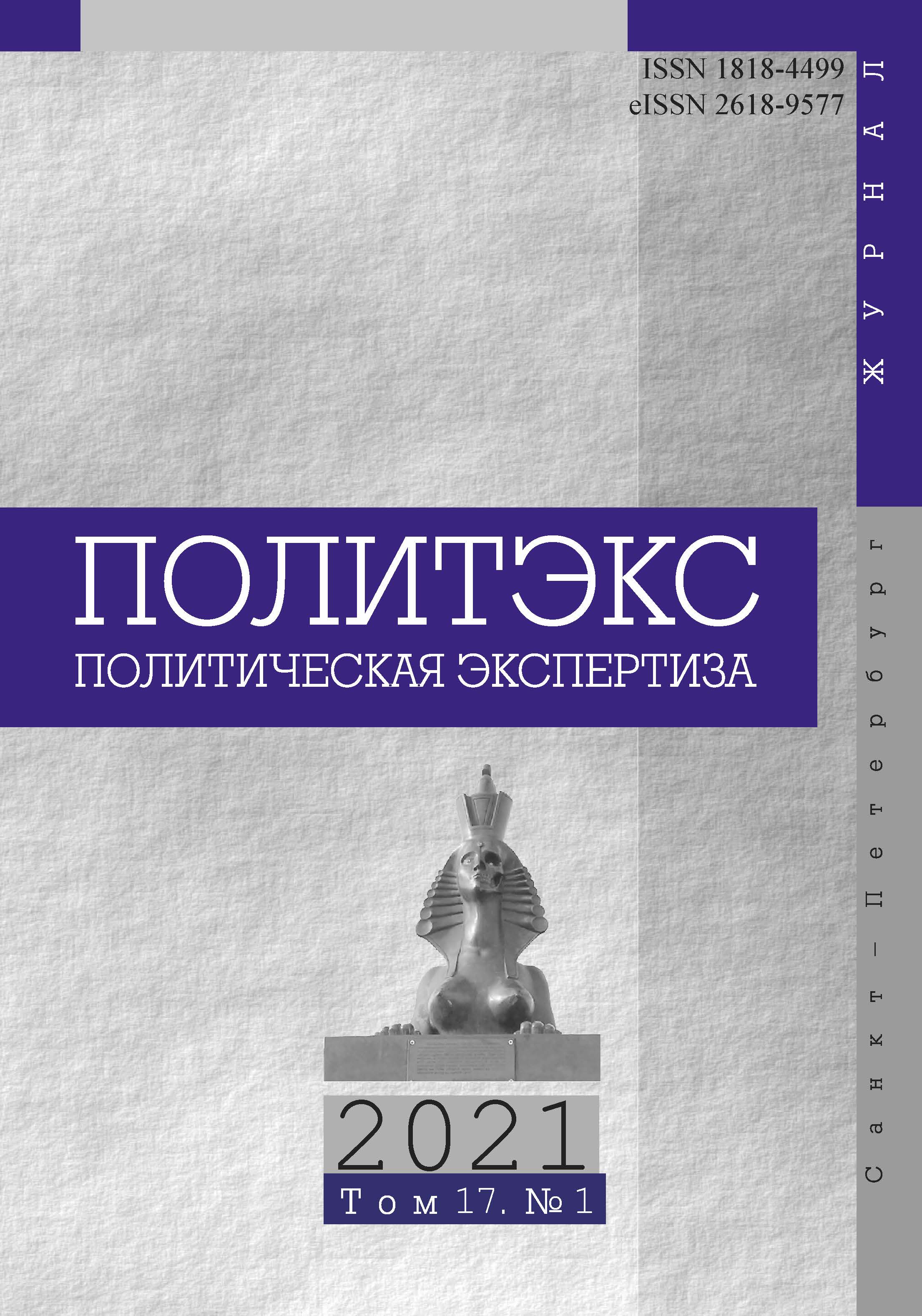POLITICAL CRISES AS CHALLENGES TO DEMOCRACY: WILL IT BE POSSIBLE TO AVOID “CONFIDENCE TRAPS” AGAIN?
Book Review: Runciman D. The Confidence Trap. A History of Democracy in Crisis from World War I to the Present. Moscow, Higher School of Economics Publ., 2019. 400 p. (In Russian).
DOI:
https://doi.org/10.21638/spbu23.2021.108Abstract
|
The development of democratic political systems inevitably presupposes dealing with crises. The challenges of democracy are both external factors associated with the activity of other political regimes, changes in the world order, and internal factors determined by a combination of socio-economic and political aspects. Often, such internal factors become critical and can determine a dangerous state - the “confidence trap”. The article discusses the concept of the Cambridge political scientist David Runcimen, which expresses firm confidence in the ability of democracies to overcome the crisis with dignity and preparedness for new tests. The seven main crises of democracy of the twentieth century highlighted by Runcimen are events that influenced the nature of the functioning of democratic systems. In addition, overcoming these crises has demonstrated the presence of a serious resource for the strength of political and social institutions, the formation of survival and reflection skills in the state system. The most important challenges to democracy are: war (the tendency of democracies to be drawn into military confrontation, which can result in serious costs), finance (irrational use of public funds), environmental threat (climate change due to vigorous economic activity, depletion of resources), rivals (activities of those states, which can seriously limit the expansion of democracy). Special attention is paid to assessing the role of China and Russia in the formation of the “confidence trap” of modern democracies. |
|
Keywords:
political crises, democracy, POLITICAL development, political process, transformation of democratic institutions in politics
Downloads
References
Кеннеди П. Взлеты и падения великих держав. Екатеринбург: Гонзо, 2018. 848 с.
Хобсбаум Э. Масштаб посткоммунистической катастрофы не понят за пределами России (интервью) // Свободная мысль-ХХI. 2004. № 9. С. 3–14.
Хобсбаум Э. Эпоха крайностей: Короткий двадцатый век (1914–1991). М.: Независимая Газета, 2004. 632 с.
Bloom A. The Closing of the American Mind. New York: Simon and Schuster, 1987. 393 p.
Revel J.-F. How Democracies Perish. Garden City. New York: Doubleday, 1984. 376 p.
REFERENCES (In English)
Bloom A. The Closing of the American Mind. N.Y.: Simon and Schuster, 1987. 393 p.
Hobsbawm E. The Age of Extremes: The Short Twentieth Century, 1914–1991. Moscow, Nezavisimaya Gazeta Publ., 2004. 632 p. (In Russian)
Hobsbawm E. The Scale of the Postcommunist Disaster Is Not Understood Outside Russia (interview). Svobodnaya Mysl-ХХI, 2004, no. 9, pp. 3-14. (In Russian)
Kennedy P. The Rise and Fall of the Great Powers. Yekaterinburg, Gonzo Publ., 2018. 848 p. (In Russian)
Revel J.-F. How Democracies Perish. Garden City. N.Y.: Doubleday, 1984. 376p.
Downloads
Published
How to Cite
Issue
Section
License
Articles of "Political Expertise: POLITEX" are open access distributed under the terms of the License Agreement with Saint Petersburg State University, which permits to the authors unrestricted distribution and self-archiving free of charge.




